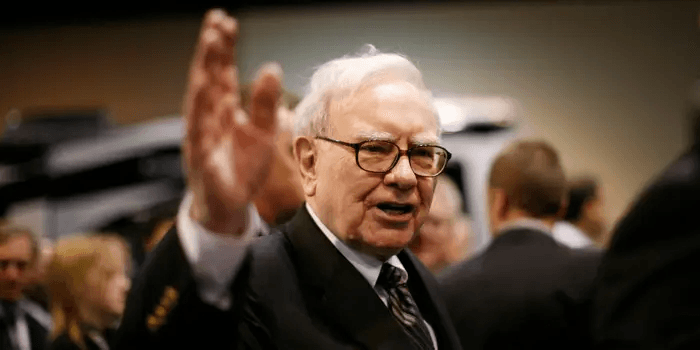광고 및 협찬 문의
beltjolaman@gmail.com
광고 및 협찬 문의
beltjolaman@gmail.com

![[EN] Why Warren Buffett’s 5 Book Recommendations Can Truly Change Your Life gqkxagcaeaa4f a](https://beltjolaman.com/wp-content/uploads/2025/09/GqKxAgCaEAA4F_a-1.png)
The “Oracle of Omaha.”
That’s Warren Buffett’s nickname. He is not just an investor but a living symbol of wisdom in modern capitalism.
And now, Buffett has shared the five books he believes can change your life.
This is not some casual “I liked this book” list. These are the very titles that shaped his mindset, his investment style, and ultimately his life.
So here’s the real question:
👉 Out of thousands of books, why these five?
Buffett used to be terrified of speaking in public.
As a young man, he would avoid any situation where he had to stand in front of people. Yet today, he calmly speaks to thousands of investors, and world leaders listen closely to his words.
What changed? Dale Carnegie’s classic, How to Win Friends and Influence People.
Carnegie teaches that logic alone doesn’t move people—emotions do. Everyone craves recognition, respect, and validation. A small compliment or genuine listening can be more persuasive than the strongest argument.
If you lead a team, remember: it’s not competition that drives performance, but recognition. People will move mountains when they feel valued.
Buffett calls this book his single greatest investment.
“Of all the investments I ever made, buying Ben’s book was the best.”
Benjamin Graham doesn’t just teach stock-picking. He teaches that investing is a psychological game.
Markets always overreact—fear drives people to sell too fast, and greed pushes them to buy too high. The “intelligent investor” is the one who stays calm: buying when others panic, selling when others get drunk on optimism.
In truth, this isn’t just an investment book. It’s a manual for mastering your own emotions—a skill essential for both markets and life.
Buffett has said,
“When Howard Marks’ memos arrive, they’re the first thing I open and read.”
Marks refuses to see the world in black-and-white. Instead, he constantly asks:
This book looks like investment advice, but really, it’s about how to think.
Whenever you face a decision, don’t just ask, “Is this good or bad?” Ask instead, “What is the real essence of this situation?”
Buffett is not a man obsessed only with money. He is endlessly curious about the world.
Bill Bryson’s A Short History of Nearly Everything covers everything from bacteria to black holes, from the Big Bang to Einstein’s relativity. And he explains it in a way even non-scientists can grasp.
Why does Buffett recommend this? Because whether in life or in investing, you must learn to see the big picture.
If you only focus on the nearest tree, you’ll miss the forest—and crash into it. Science may seem unrelated to finance, but in reality, it trains your brain to think broadly, to see connections, and to nurture intellectual curiosity.
At first, Buffett was a strict disciple of Graham’s value investing: buy undervalued companies and wait. But then he encountered Philip Fisher—and his thinking evolved.
Fisher taught him to look beyond balance sheets: to evaluate growth potential, leadership quality, and long-term vision.
That shift helped Buffett spot companies like Coca-Cola, not just as “cheap stocks” but as enduring giants.
For entrepreneurs and professionals alike, Fisher’s question matters:
👉 “Will this company still thrive 10 years from now?”
It’s not just about investments—it’s about your career, your organization, even your own life trajectory.
Notice something important: Buffett didn’t just choose “investment manuals.”
Together, they form a system. True wisdom isn’t about “making money.” It’s about gaining insight into people, markets, and the world.
If you want to think like Buffett, don’t rush to buy stocks tomorrow.
👉 Start with these books.
Reading is not just about gathering information.
It’s about building a system:
📌 understanding human nature,
📌 mastering emotions,
📌 identifying essentials,
📌 widening perspective,
📌 and recognizing long-term growth.
Do this, and you won’t just become richer—you’ll transform the quality of your life itself.
🔗 Source
📌 Vanessa Gibbs, “Warren Buffett’s Book Recommendations (updated 2025)”, GoodBooks.io, July 17, 2025.
구독을 신청하면 최신 게시물을 이메일로 받아볼 수 있습니다.